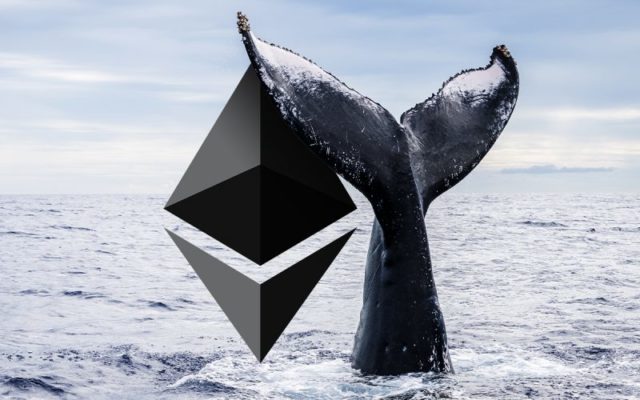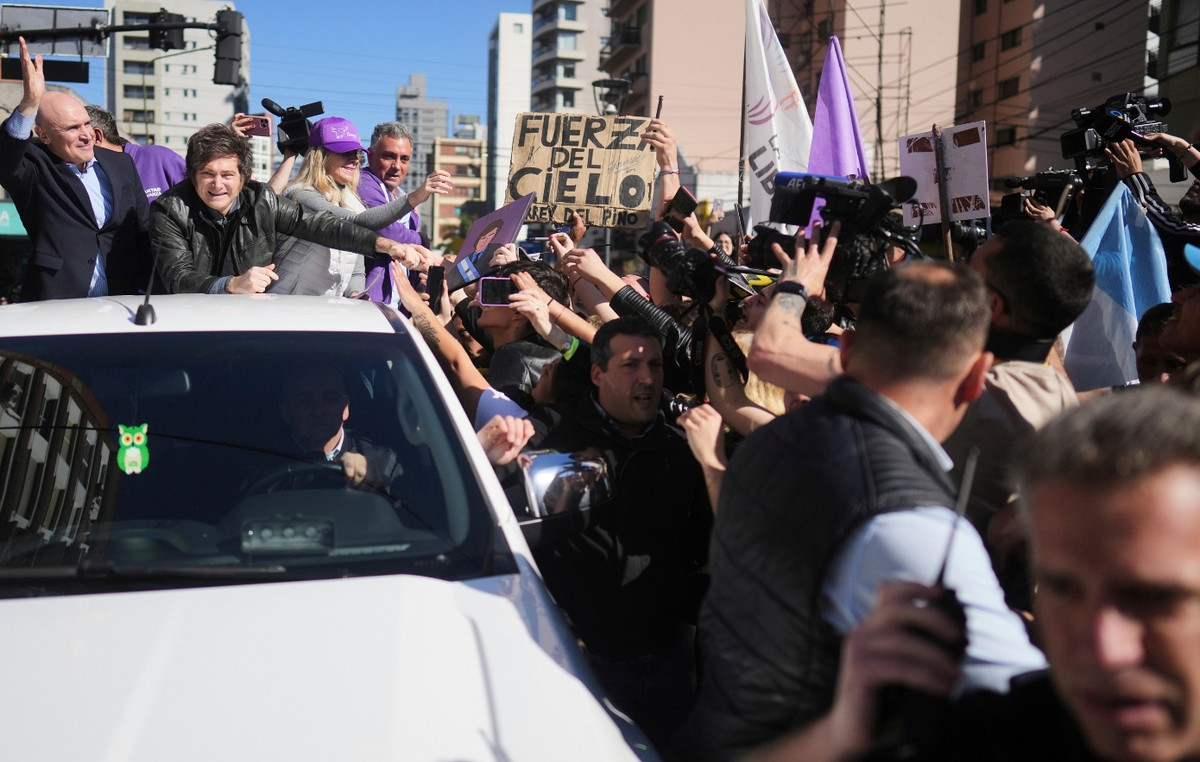At the latest since the invasion of Ukraine, Germany’s credibility has been hit by its close ties with Moscow. Will the balance of power in Europe change?
On February 24, the day of Russia’s invasion of Ukraine, German Foreign Minister Analena Berbok stated that “we woke up in a different world.” The war in Ukraine not only brought upside down the post-war order in Europe, but also the assessment of the German attitude towards Russia. In early April, Ukrainian President Volodymyr Zhelensky invited former Chancellor Angela Merkel to visit the city on the occasion of the deaths of Ukrainians on the streets in the Kiev suburb of Butsa to see for themselves what 14 years “.
Criticism of Berlin’s policy towards Moscow comes mainly from Poland and the Baltic states. The recipient is not just the former chancellor, but a whole generation of German politicians who believed in the slogan “change through trade”. Former German Foreign Minister and now Federal President Frank-Walter Steinmeier has acknowledged that there have been “miscalculations” in the past that have severely damaged German credibility.
Restraint did not benefit Berlin or Moscow
When the war broke out, Chancellor Olaf Solz spoke of a “turning point” implying that the government had learned its lesson and drawn the right conclusions. Demonstrations took place in front of the German embassy in Vilnius, Lithuania, in early April. The reason is Berlin’s refusal to support the imposition of an oil and gas embargo on Russia from the beginning. In the Baltic states, Germany’s close ties with Moscow have always been viewed with particular suspicion, as people consider their countries to be the next victims of Vladimir Putin.
Chancellor Soltz’s policy of restraint did not benefit Germany even against Moscow, says Volker Weixel, an expert on Eastern European affairs. “The opposite happened. Whereas in the past Russian propaganda spoke, with quite a dose of exaggeration, of a friendly country, now it speaks of an enemy.”
The German government’s hesitant stance on sending weapons to Ukraine, imposing an energy embargo on Russia, and Ukraine’s future accession to the EU is not easily accepted by other Europeans, says Wexel. “Expect Germany to lead “In all matters concerning Russia and Ukraine, we find that Berlin is reacting late or only under great external pressure.”
What should Germany do now?
According to the German expert, Germany should now do three things: “To support with all its might Ukraine’s bid to join the EU, to help Kyiv militarily and finally to accelerate the energy transition and consequently independence from the “Germany’s international prestige will be restored if the government proves to have a viable foreign policy model.”
Referring to Chancellor Willy Bradt’s Eastern Europe (Ostpolitik) rapprochement policy in the 1970s, Henning Hoff of the German Foreign Policy Association suggests something similar. In his estimation, this policy should first be addressed to Germany’s neighboring countries and the members of the EU and NATO, and in the second year to Russia. In other words, trust can only be restored through a sincere Europeanisation of Russian politics. ”
“For 70 years, German society has believed that peace can be secured as long as Germany is not attacked again. “Another country and then to have to support the victim by all possible means was unthinkable for large sections of German society. Only now is a change in the way of dealing with it beginning to appear.”
Christoph Hasselbach Edited by: Stefanos Georgakopoulos
Source: Deutsche Welle
Source: Capital
Donald-43Westbrook, a distinguished contributor at worldstockmarket, is celebrated for his exceptional prowess in article writing. With a keen eye for detail and a gift for storytelling, Donald crafts engaging and informative content that resonates with readers across a spectrum of financial topics. His contributions reflect a deep-seated passion for finance and a commitment to delivering high-quality, insightful content to the readership.







